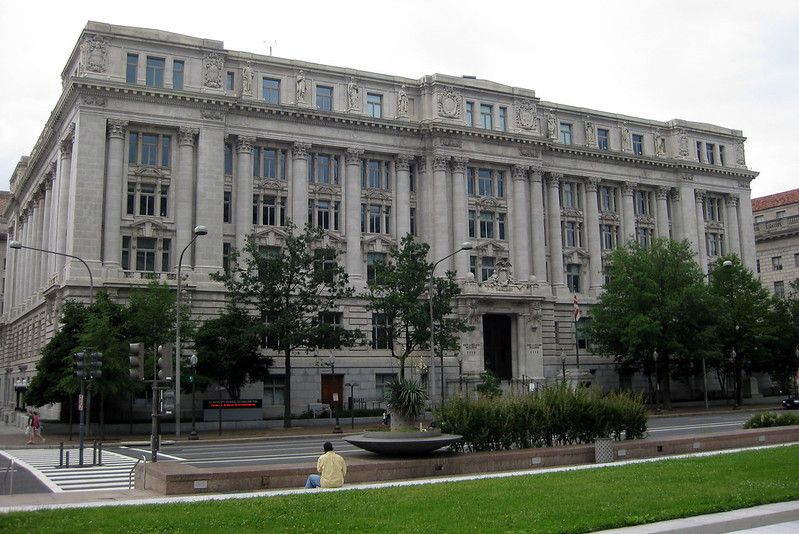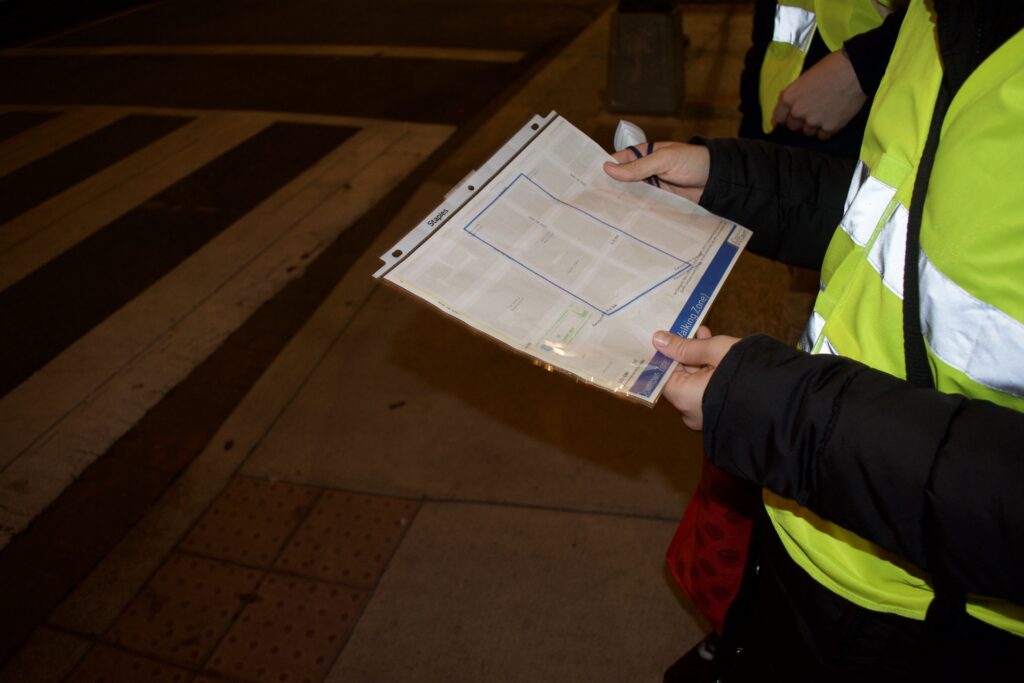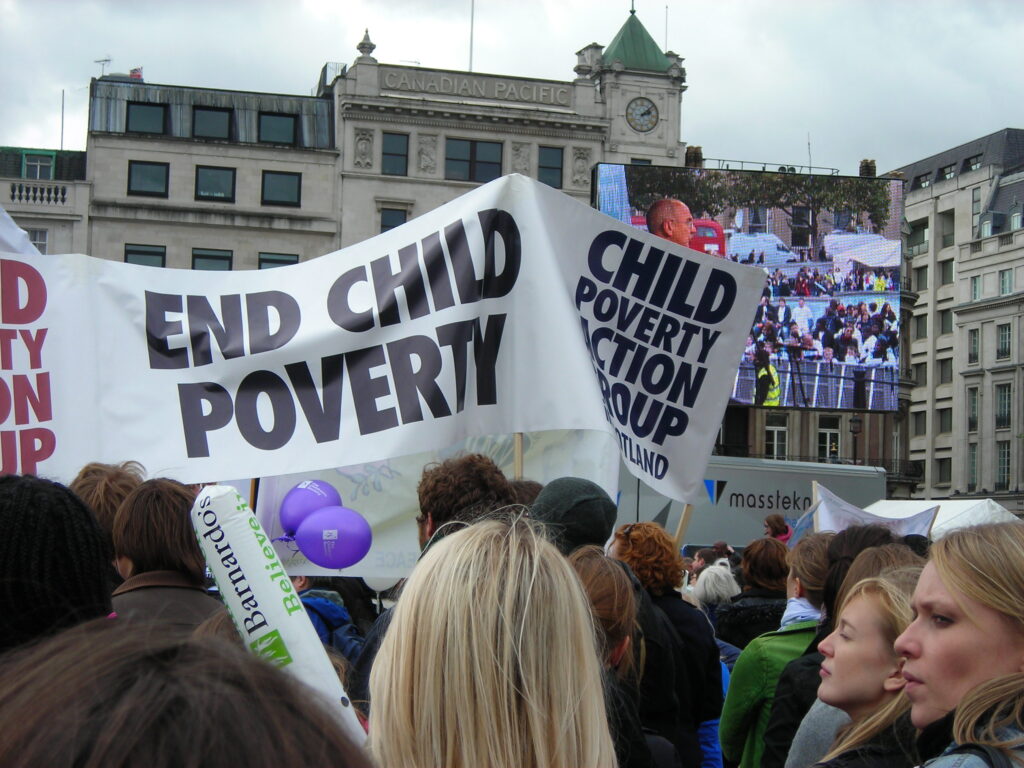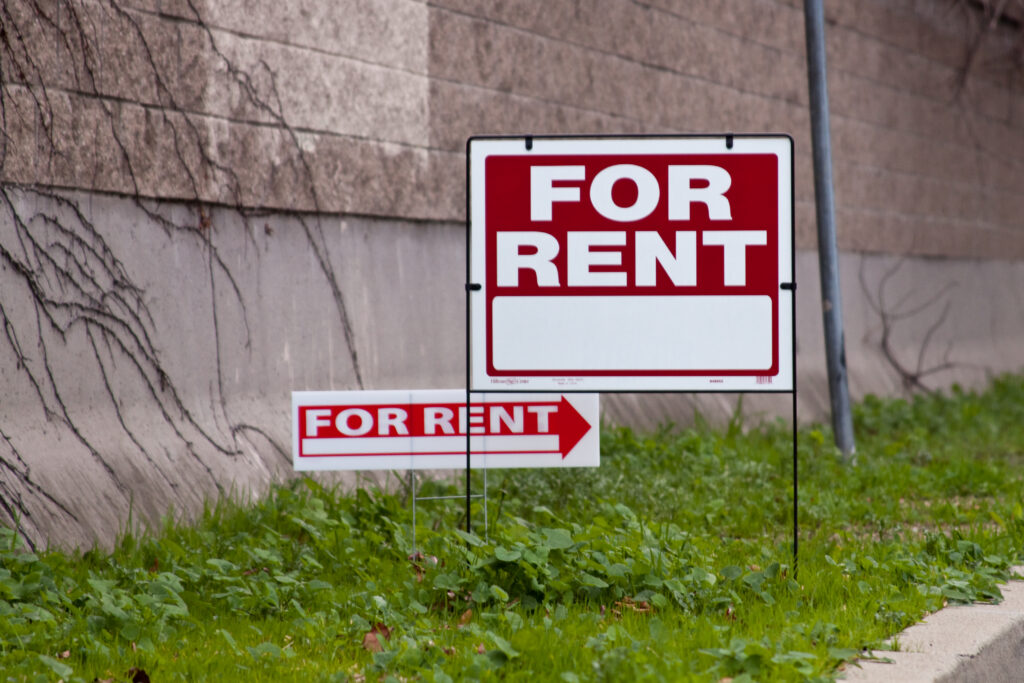The D.C. Council approved an initial budget plan funding the city’s Office for the Deaf, Deafblind, and Hard of Hearing (ODDHH) during a virtual meeting on July 20. If left intact during the council’s upcoming Aug. 3 vote, the budget will mark the first time the city has funded an agency dedicated to advancing the civil rights of deaf, deaf-blind, and hard-of-hearing District residents.
Legislation establishing the office was enacted last September after nearly two years of council consideration, but it has not had the funds to begin operating before now. In addition to advocacy, ODDHH will maintain a register of qualified District interpreters, as well as review existing D.C. services to ensure accessibility to its target communities. The office will be led by a deaf, deaf-blind, or hard-of-hearing mayoral appointment.
Despite the District being home to a number of Deaf and hard-of-hearing communities — capital “D” differentiating cultural identity from deafness as a condition, per the National Association of the Deaf — D.C. has trailed behind other states in forming an office to serve their needs. According to a roster compiled by the National Association of State Agencies of the Deaf and Hard of Hearing, approximately 38 states have previously established offices serving deaf, hard of hearing, and deaf-blind people. That left the District, which has one of the country’s largest per capita deaf populations, as an outlier.
“D.C. is at the bottom for education and employment outcomes for deaf people — ranking 50th to 52nd of all states and territories. When it comes to early intervention, D.C. is also dead last — as of 2017, zero families received services for their deaf infant,” Sean Maiwald, president of the District of Columbia Association of the Deaf (DCAD), wrote in an email to Street Sense Media. “Deaf people in D.C. deserve better, especially when it comes to recovery from the pandemic.”
DCAD, alongside organizations like the D.C. Area Black Deaf Advocates and Gallaudet University, have pushed the city to establish this office for years. “[ODDHH] will be an integral part of ensuring that deaf people have a seat at the table,” Maiwald wrote.
Though Gallaudet administrators generally preferred not to comment until the D.C. Council’s final vote next month, University President Roberta Cordano has spoken in support of the office as a resource for students and alumni living in Washington. “The city needs this office,” she said through an interpreter during the council’s original 2019 hearing on the bill. “Deaf people and people who sign are an economic engine brought to this city that I know can and will continue to grow.”
If kept in the District’s final 2022 budget, the office will start receiving funds on Oct. 1.







